Fine Dust Levels
입력 2018.01.16 (14:33)
수정 2018.01.16 (16:57)
읽어주기 기능은 크롬기반의
브라우저에서만 사용하실 수 있습니다.
[Anchor Lead]
Emergency measures were introduced to reduce fine dust on Monday with air quality predicted to worsen. They include the operation of an alternating driving system at public agencies and the free use of public transportation in Seoul. However, the fine dust levels were normal in the morning and traffic did not decrease significantly. Rather, the levels are forecast to be far higher this week.
[Pkg]
At the main entrance of the National Assembly during the morning commute, cars with license plates ending in even numbers are able to pass through the gate. A notice which indicates that only cars with license plate numbers ending in odd numbers are allowed to park on Mondays was deemed useless.
[Soundbite] (Violator of alternating-day driving system (Voice modified)) : "(Didn't you know about the alternating-day driving system?) I didn't get any notice."
[Soundbite] (Violator of alternating-day driving system (Voice modified)) : "(An alternating-day driving system is in effect today.) I know. It will leave after dropping me off."
That's because even-numbered cars were found around the parking lot. The alternating-day driving system has become ineffective, as there are no restrictions on cars that violate the rule. The alternating-day driving system was not observed at most public agencies including the government complex in Seoul. Serious confusion was caused at public agencies in Seoul where vehicle access was completely banned. Disputes continued all day long, as drivers did not know of the "no-vehicle" policy and took their cars.
[Soundbite] (Driver (Voice modified)) : "Text messages should have been sent out about the vehicle ban. What are we going to do now on the way to work?"
On the first day of the system to offer free public transportation during morning and evening rush hours in Seoul, most responses were positive with no fares charged. However, some people were doubtful.
[Soundbite] Park Yeon-joo(Office Worker) : "I think that many people will still use their cars. However, it will be better if traffic decreases even a little."
[Soundbite] Lee Jin-soo(Office Worker) : "The system has not been publicized sufficiently. More promotion is necessary."
Traffic in downtown areas decreased a mere 1.8 percent compared to a week ago. Controversy arose over the effectiveness of the free public transportation system, which costs a budget of five billion won.
Emergency measures were introduced to reduce fine dust on Monday with air quality predicted to worsen. They include the operation of an alternating driving system at public agencies and the free use of public transportation in Seoul. However, the fine dust levels were normal in the morning and traffic did not decrease significantly. Rather, the levels are forecast to be far higher this week.
[Pkg]
At the main entrance of the National Assembly during the morning commute, cars with license plates ending in even numbers are able to pass through the gate. A notice which indicates that only cars with license plate numbers ending in odd numbers are allowed to park on Mondays was deemed useless.
[Soundbite] (Violator of alternating-day driving system (Voice modified)) : "(Didn't you know about the alternating-day driving system?) I didn't get any notice."
[Soundbite] (Violator of alternating-day driving system (Voice modified)) : "(An alternating-day driving system is in effect today.) I know. It will leave after dropping me off."
That's because even-numbered cars were found around the parking lot. The alternating-day driving system has become ineffective, as there are no restrictions on cars that violate the rule. The alternating-day driving system was not observed at most public agencies including the government complex in Seoul. Serious confusion was caused at public agencies in Seoul where vehicle access was completely banned. Disputes continued all day long, as drivers did not know of the "no-vehicle" policy and took their cars.
[Soundbite] (Driver (Voice modified)) : "Text messages should have been sent out about the vehicle ban. What are we going to do now on the way to work?"
On the first day of the system to offer free public transportation during morning and evening rush hours in Seoul, most responses were positive with no fares charged. However, some people were doubtful.
[Soundbite] Park Yeon-joo(Office Worker) : "I think that many people will still use their cars. However, it will be better if traffic decreases even a little."
[Soundbite] Lee Jin-soo(Office Worker) : "The system has not been publicized sufficiently. More promotion is necessary."
Traffic in downtown areas decreased a mere 1.8 percent compared to a week ago. Controversy arose over the effectiveness of the free public transportation system, which costs a budget of five billion won.
■ 제보하기
▷ 카카오톡 : 'KBS제보' 검색, 채널 추가
▷ 전화 : 02-781-1234, 4444
▷ 이메일 : kbs1234@kbs.co.kr
▷ 유튜브, 네이버, 카카오에서도 KBS뉴스를 구독해주세요!
- Fine Dust Levels
-
- 입력 2018-01-16 15:29:37
- 수정2018-01-16 16:57:36
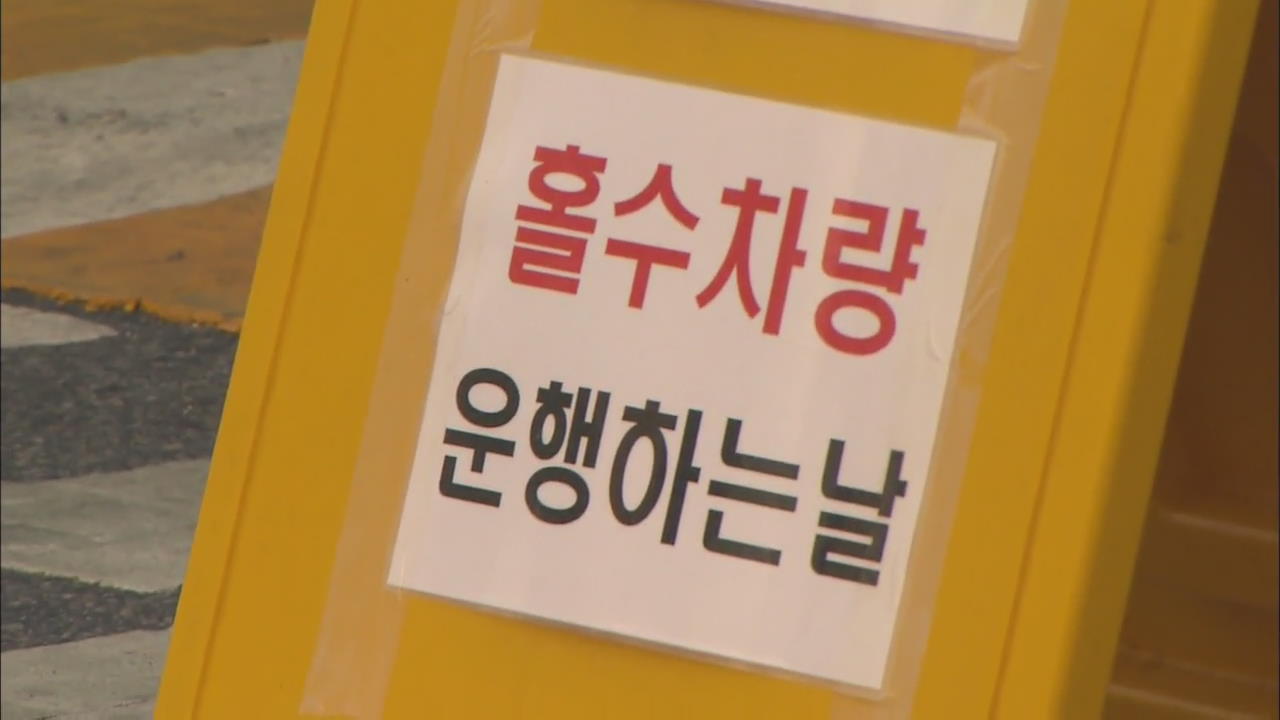
[Anchor Lead]
Emergency measures were introduced to reduce fine dust on Monday with air quality predicted to worsen. They include the operation of an alternating driving system at public agencies and the free use of public transportation in Seoul. However, the fine dust levels were normal in the morning and traffic did not decrease significantly. Rather, the levels are forecast to be far higher this week.
[Pkg]
At the main entrance of the National Assembly during the morning commute, cars with license plates ending in even numbers are able to pass through the gate. A notice which indicates that only cars with license plate numbers ending in odd numbers are allowed to park on Mondays was deemed useless.
[Soundbite] (Violator of alternating-day driving system (Voice modified)) : "(Didn't you know about the alternating-day driving system?) I didn't get any notice."
[Soundbite] (Violator of alternating-day driving system (Voice modified)) : "(An alternating-day driving system is in effect today.) I know. It will leave after dropping me off."
That's because even-numbered cars were found around the parking lot. The alternating-day driving system has become ineffective, as there are no restrictions on cars that violate the rule. The alternating-day driving system was not observed at most public agencies including the government complex in Seoul. Serious confusion was caused at public agencies in Seoul where vehicle access was completely banned. Disputes continued all day long, as drivers did not know of the "no-vehicle" policy and took their cars.
[Soundbite] (Driver (Voice modified)) : "Text messages should have been sent out about the vehicle ban. What are we going to do now on the way to work?"
On the first day of the system to offer free public transportation during morning and evening rush hours in Seoul, most responses were positive with no fares charged. However, some people were doubtful.
[Soundbite] Park Yeon-joo(Office Worker) : "I think that many people will still use their cars. However, it will be better if traffic decreases even a little."
[Soundbite] Lee Jin-soo(Office Worker) : "The system has not been publicized sufficiently. More promotion is necessary."
Traffic in downtown areas decreased a mere 1.8 percent compared to a week ago. Controversy arose over the effectiveness of the free public transportation system, which costs a budget of five billion won.
Emergency measures were introduced to reduce fine dust on Monday with air quality predicted to worsen. They include the operation of an alternating driving system at public agencies and the free use of public transportation in Seoul. However, the fine dust levels were normal in the morning and traffic did not decrease significantly. Rather, the levels are forecast to be far higher this week.
[Pkg]
At the main entrance of the National Assembly during the morning commute, cars with license plates ending in even numbers are able to pass through the gate. A notice which indicates that only cars with license plate numbers ending in odd numbers are allowed to park on Mondays was deemed useless.
[Soundbite] (Violator of alternating-day driving system (Voice modified)) : "(Didn't you know about the alternating-day driving system?) I didn't get any notice."
[Soundbite] (Violator of alternating-day driving system (Voice modified)) : "(An alternating-day driving system is in effect today.) I know. It will leave after dropping me off."
That's because even-numbered cars were found around the parking lot. The alternating-day driving system has become ineffective, as there are no restrictions on cars that violate the rule. The alternating-day driving system was not observed at most public agencies including the government complex in Seoul. Serious confusion was caused at public agencies in Seoul where vehicle access was completely banned. Disputes continued all day long, as drivers did not know of the "no-vehicle" policy and took their cars.
[Soundbite] (Driver (Voice modified)) : "Text messages should have been sent out about the vehicle ban. What are we going to do now on the way to work?"
On the first day of the system to offer free public transportation during morning and evening rush hours in Seoul, most responses were positive with no fares charged. However, some people were doubtful.
[Soundbite] Park Yeon-joo(Office Worker) : "I think that many people will still use their cars. However, it will be better if traffic decreases even a little."
[Soundbite] Lee Jin-soo(Office Worker) : "The system has not been publicized sufficiently. More promotion is necessary."
Traffic in downtown areas decreased a mere 1.8 percent compared to a week ago. Controversy arose over the effectiveness of the free public transportation system, which costs a budget of five billion won.
이 기사가 좋으셨다면
-
좋아요
0
-
응원해요
0
-
후속 원해요
0










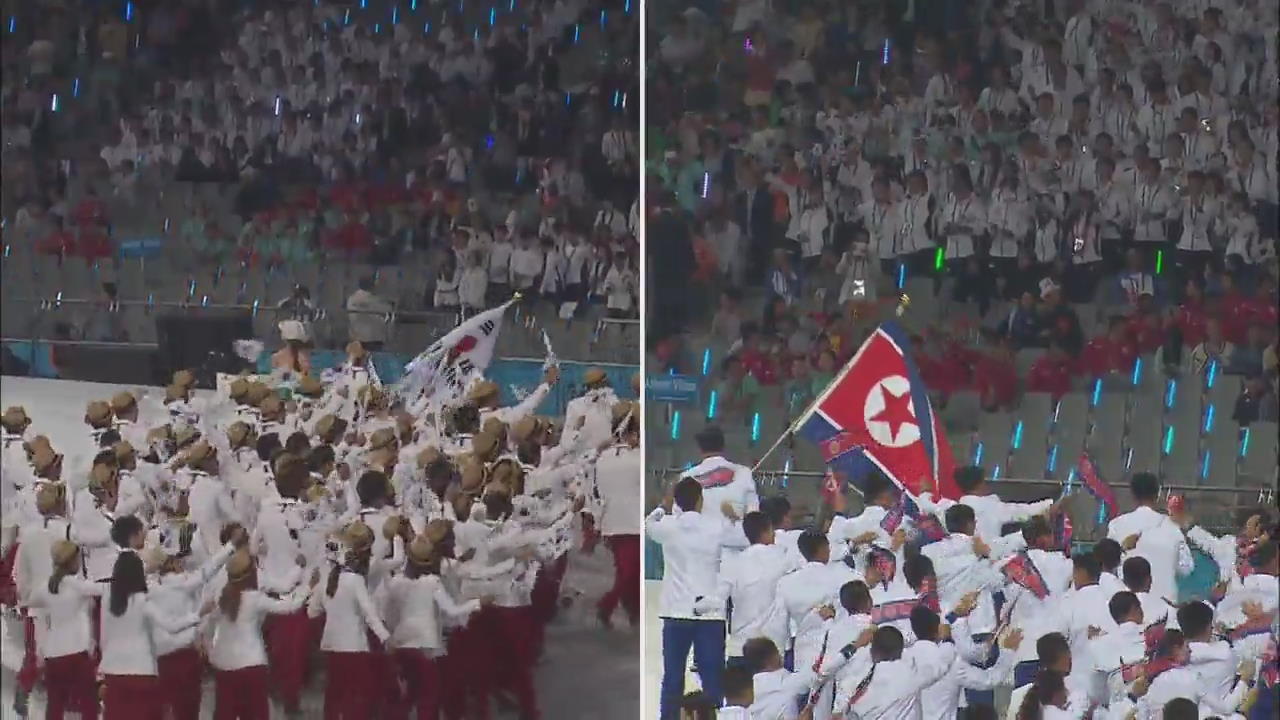
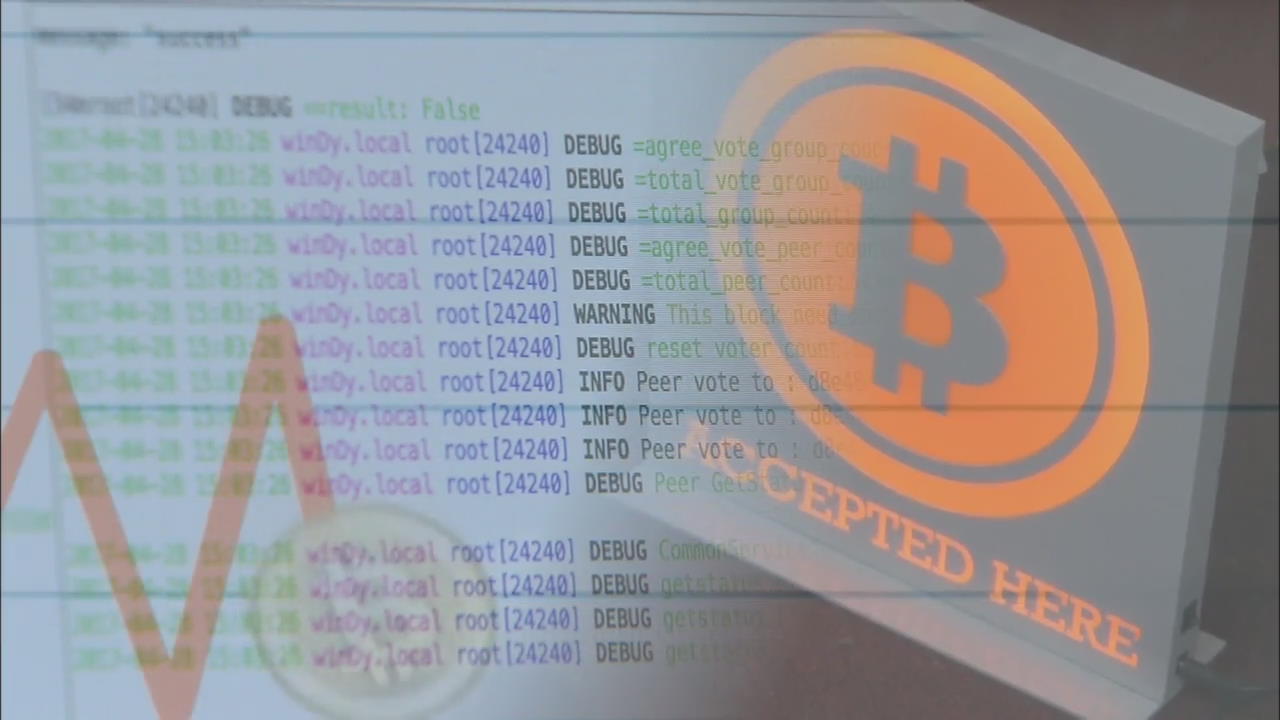
![[속보] 이 대통령 “주택 투기 수단되며 주거 불안정 <br>초래”](/data/news/2025/07/01/20250701_NWBMR4.png)
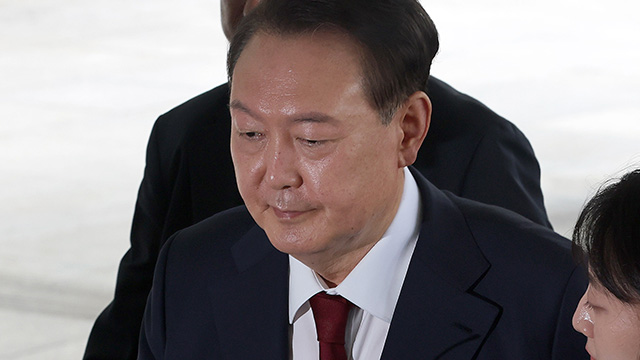
![[영상] 정성호 “검찰 해체 표현 적절치 않아…수사·기소 분리 국민 공감대”](/data/fckeditor/vod/2025/07/01/305901751367182615.png)
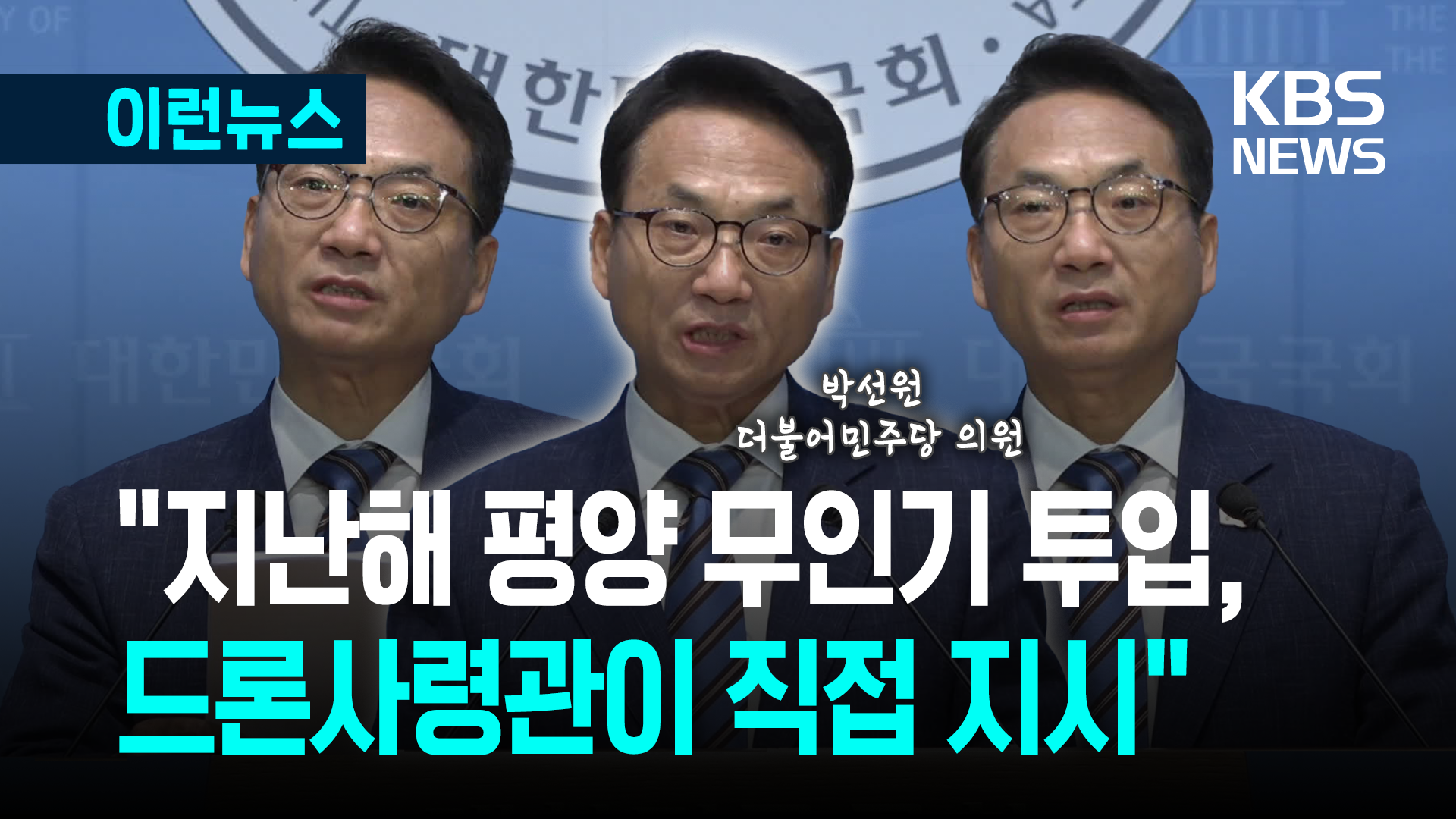

이 기사에 대한 의견을 남겨주세요.